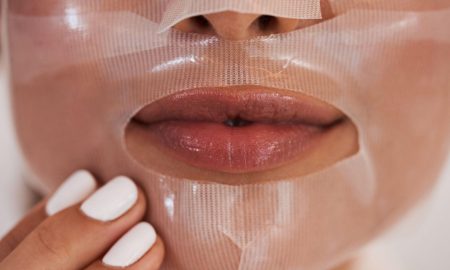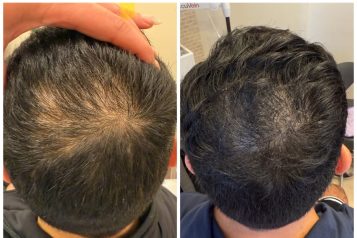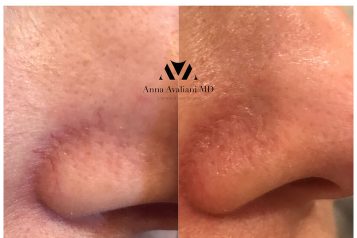Oral hygiene is often thought of in terms of brushing and flossing, but one critical part of the mouth is sometimes overlooked—the tongue. Though often forgotten, cleaning your tongue is essential to maintaining not only fresh breath but also a healthy mouth and gut. Here’s why giving your tongue some attention can significantly enhance your overall oral health.
 Photo Credit: Courtesy of New Africa/Shutterstock
Photo Credit: Courtesy of New Africa/Shutterstock
Why is Cleaning the Tongue So Important?
The tongue plays a crucial role in your body, functioning as the starting point of your digestive system. The health of your tongue is intimately connected to your gut, and its positioning within your mouth means it’s constantly exposed to bacteria, food particles, and other debris. If left uncleaned, these build up over time, leading to bad breath and even more serious oral health issues.
The Tongue: A Hidden Culprit in Bad Breath
Bad breath, or halitosis, is a common oral health issue, and the tongue is often one of the main contributors. Due to its textured surface, the tongue harbors bacteria more easily than other parts of the mouth. Certain foods, like milk, can exacerbate this issue by leaving behind residue that promotes bacterial growth. Without regular cleaning, this buildup can result in persistent bad breath, which brushing alone may not solve.
Preventing Dental Issues Through Tongue Cleaning
Cleaning your tongue does more than just freshen your breath—it can help prevent dental problems like tooth decay and gum disease. The bacteria that collect on your tongue can migrate to your teeth and gums, contributing to plaque formation and inflammation. Regularly removing this buildup helps maintain a balanced oral environment, reducing your risk of cavities, gum disease, and other dental complications.
Methods for Cleaning Your Tongue
When it comes to cleaning your tongue, there are several methods, but not all are equally effective. Tongue scraping is widely regarded as the most effective option. This method involves using a tongue scraper to gently exfoliate the surface of the tongue, removing the buildup of bacteria, food particles, and dead cells. In contrast, brushing your tongue with a toothbrush, though helpful, may not be as thorough. Mouthwash can also be beneficial, especially for individuals dealing with dry mouth, but it should be used in conjunction with scraping or brushing for the best results.
Recommended Tools for Tongue Cleaning
Dental professionals often recommend specific tools for tongue cleaning. A metal tongue scraper is one of the most effective and durable options, as it provides a thorough cleaning while being gentle on the tongue. In addition, a toothbrush with soft bristles can also be used, but it may not achieve the same level of cleanliness as a dedicated tongue scraper.
How Often Should You Clean Your Tongue?
The general recommendation is to clean your tongue every time you brush your teeth. Incorporating tongue cleaning into your routine ensures that you’re not only cleaning your teeth and gums but also addressing one of the most bacteria-laden parts of your mouth. This practice will go a long way in promoting overall oral hygiene.
Benefits of Using a Tongue Scraper
When comparing tongue scraping to other methods like brushing or using mouthwash, scraping stands out for its effectiveness. It not only removes more bacteria but also leaves the tongue feeling cleaner and more refreshed. Mouthwash can be beneficial, particularly for individuals with dry mouths, but it doesn't provide the exfoliating action that a tongue scraper does.
Incorporating tongue cleaning into your oral hygiene routine is a small but significant step toward improving your overall health. Whether you choose a metal tongue scraper or simply use your toothbrush, cleaning your tongue will help you maintain fresh breath, prevent dental issues, and enhance your oral health in ways you may not have considered before.
For any questions, visit Dr. Nammy Patel at Green Dentistry in San Fransisco, California.
For more information, visit Green Dentistry's social media:
























